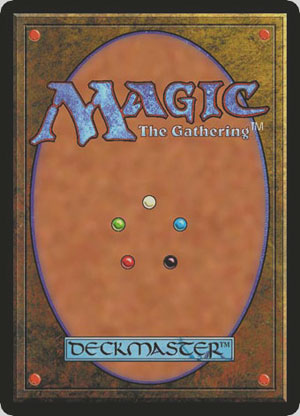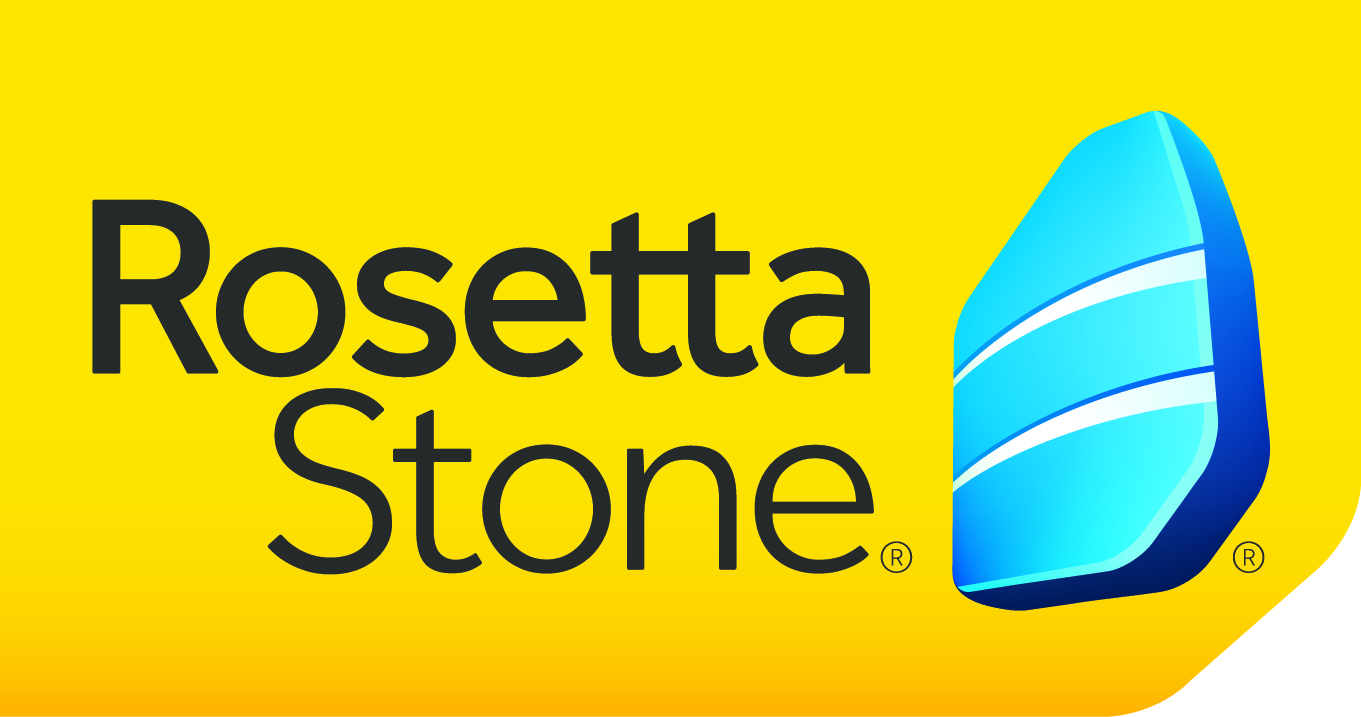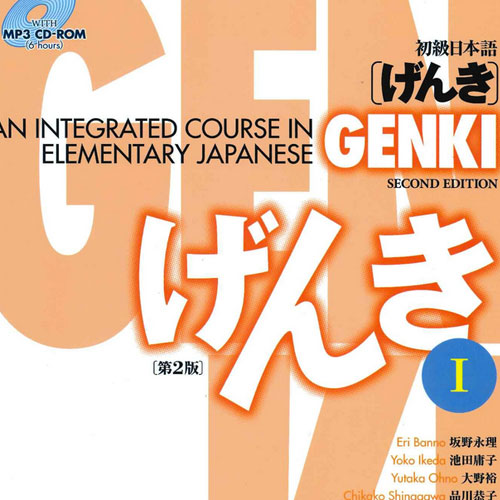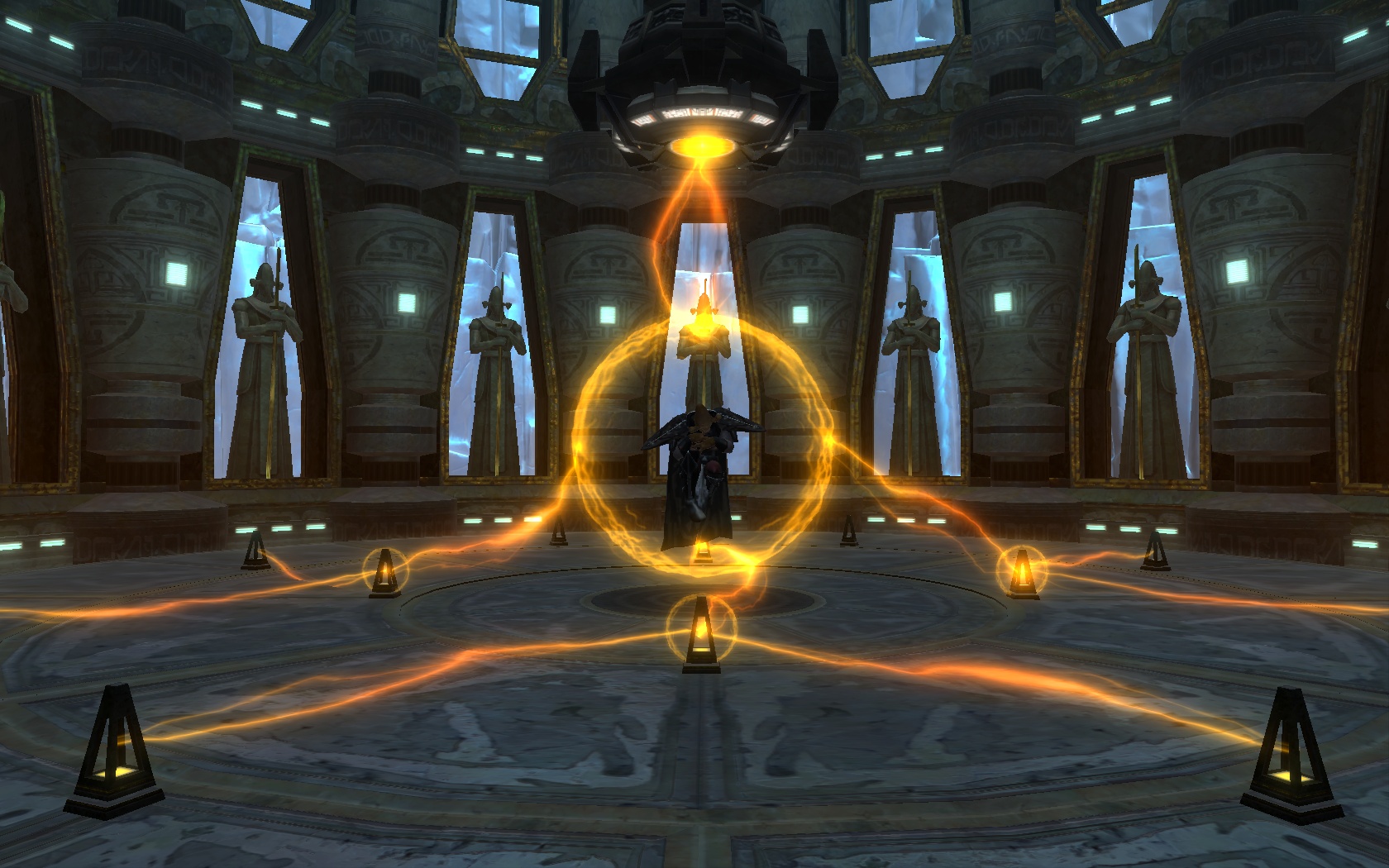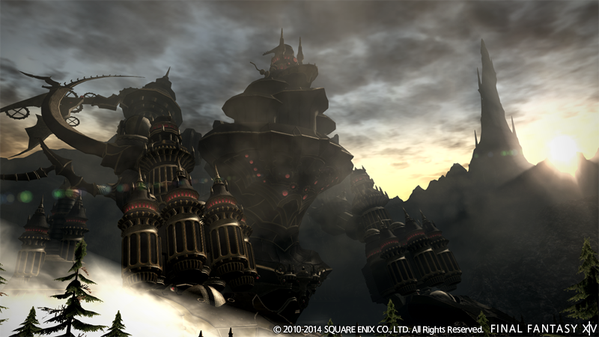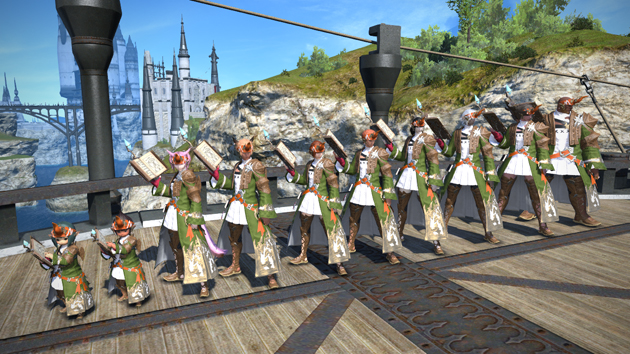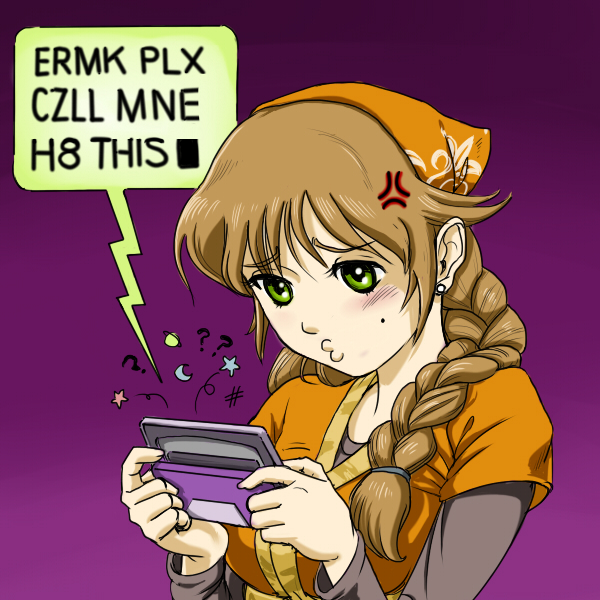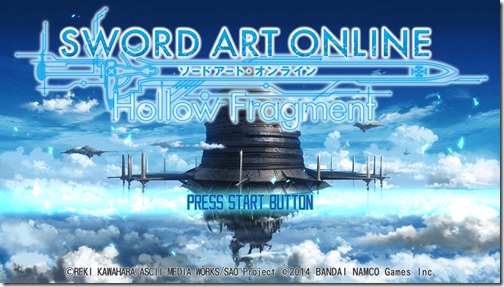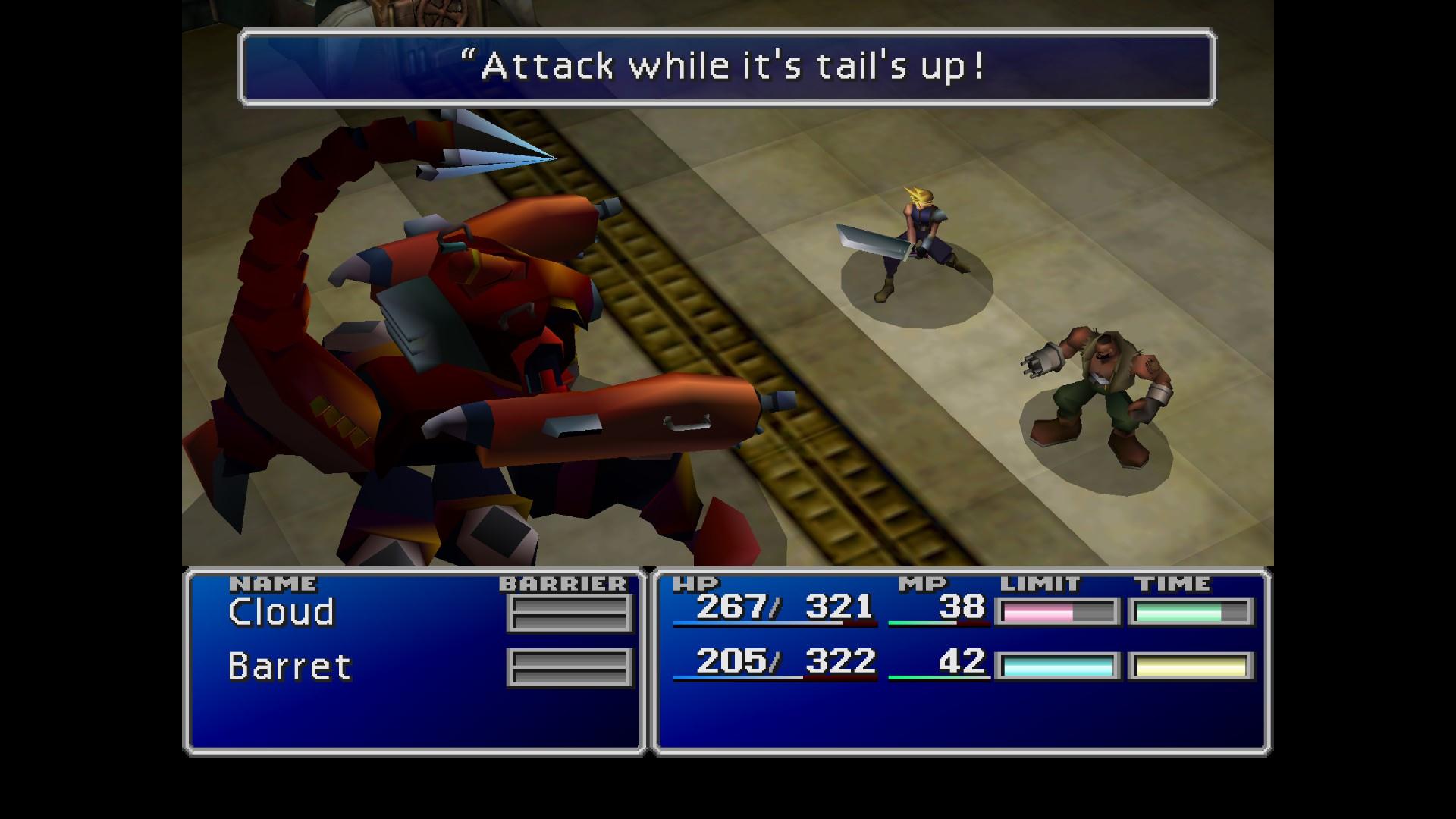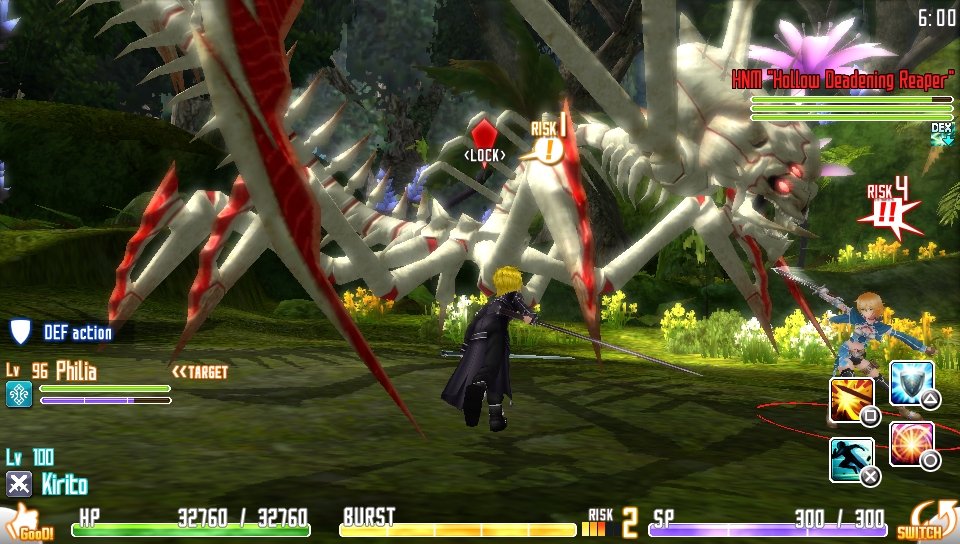One of my classes asked for a journal of at least 350 ideas, as a submission to go alongside the final project. The class is geared a lot more towards people who aren’t from creative backgrounds, so this assignment is a little awkward for me.
It’s strange because most of my training and education have geared me towards taking an endless font of random ideas and culling them until only the better ones survive. A mentor of mine once commented that an idea, by itself, is worth less than nothing, because the time spent thinking about it could have been used to build upon or refine an existing idea. He went on to say that ideas have no value until they’re used to create something. He encouraged us to be our own harshest critics, whittling down our ideas output until we only release ideas with legs, ones that could feasibly become something worthwhile or great.
It’s a message I’ve taken to heart. Most of the ideas that I actually communicate have had quite a bit of thought put into them, and when I suggest something off the cuff, I’m pretty quick to abandon it as well, because it’s easily replaced by a new one. It’s something that I think makes me a bit frustrating to talk to about ideas (and why I don’t often do it, despite generating them constantly)– some things I will abandon immediately, other things I have thought about at extreme length, down to the minute details, and mentally made balancing sacrifices along the way, culling any version or solution that doesn’t work. I’m not sure it’s easy to tell the difference, except that I sometimes abandon ideas suddenly.
I used to think that everyone generated ideas the way I do. It’s a constant white noise in my thoughts, little flickers of concepts both related to whatever I’m doing and unrelated to anything, and I occasionally take a mental pause and pluck a few for later consideration. I don’t necessarily consider it a good thing– it’s frequently distracting and when an actionable idea takes hold, I want to do something about it immediately, lest it get lost in the flood, but I’d thought that was how most people operated, and the few people I’ve spoken to about it (mostly creative types) tend to describe something similar. Not realizing that other people don’t operate this same way, I raised an eyebrow at an assignment to generate 350 ideas in eight weeks. It seemed like a trivial task.
What I found out from classmates was that a goodly portion of the class was agonizing over the assignment, unsure of how they would generate that many ideas in that amount of time. These are intelligent, thoughtful people, and I found it interesting that the act of coming up with raw ideas would be so difficult, and would push them beyond their comfort zones. I’d considered dropping the class before that point, but it occurred to me that the point of the assignment wasn’t to generate 350 ideas, but to push people outside of their comfort zones. Dropping the class and abandoning the activities seemed, through that lens, to be the loser’s way out. There were more creative solutions to that problem, and they’d push me past my comfort zone.
The first hurdle was talking to the professor about it. This essentially required me approaching my professor and telling him I was worried the class would be too easy for me, and asking if I could come up with ways to raise the difficulty. I wasn’t thrilled at the prospect, and wasn’t really sure what his reaction would be, but if it was a disaster I could still drop the course (was my justification). He turned out to be surprisingly interested in my ideas for pushing my own limits, and with his help I rewrote pretty much every assignment criteria to be something relevant to me. Rather than being bored all the way through the class, I was able to reconfigure things to fit me.
I gave myself an hour to generate 350 ideas, using shorthand to write them down quickly and then going back to fill them out into sentences readable by other people. It’s an idea roughly every eleven seconds for an hour. I came up with 214 in the hour, and it was a really interesting exercise. The first ten minutes or so were pretty easy, just a constant stream of things bubbling up and being written down, mostly stuff I’d already been thinking about and putting on paper for the first time. Once that font of ideas was up, things got a bit more difficult. After writing down all the ideas I’d already had refined, I caught myself refining ideas before writing them down, which was slowing my pace too much. I found it surprisingly hard to actually write down unrefined, terrible ideas and wound up committing myself to writing down a bunch of intentionally bad ideas, which gave me another big chunk of the list.
By the end of the hour, I’d written down a little more than two hundred ideas, some with potential, most of them terrible, but I’d legitimately pushed my limits. 350 ideas in an hour wasn’t something I could generate, and while filling out the rest of the list over the course of the day wasn’t too terrible (I still have a few more to fill in as of this writing), there was definitely a period after the hour was up where I felt spent.
It turned out to be an interesting exercise, one that I appreciate my professor giving me the opportunity to alter the assignment parameters to pursue. I will probably try to spend some time doing high-speed idea generation to keep myself sharp, though probably not for an hour at a time. I found that coming up with lots of ideas with no specific theme or goal in mind caused me to think about things I’d been mulling over but weren’t directly related to what I was currently doing. I wound up with a lot of ideas for small projects, hobby stuff, or other things that I hadn’t put any thought into for quite a while.
If you have a few minutes to spare, try seeing how many ideas you can come up with in five or ten minutes. Put a clock on it and see where you get. You might be surprised at the outcome, or at least have a good laugh.













